The New World Order Theory and its Affects
This article is about the use of the term New World Order conspiracy theory, it is vague term and known to very few minds. Let us explore this completely different aspect to the normal world. The New World Order (NWO) is a notoriously vague conspiracy theory which claims that some powerful group is either secretly running the world, or on the verge of gaining such control (implying that if and when they do, the end is upon us).

Do you have similar website/ Product?
Show in this page just for only
$2 (for a month)

0/60
0/180
The New World Order Theory and its Affects
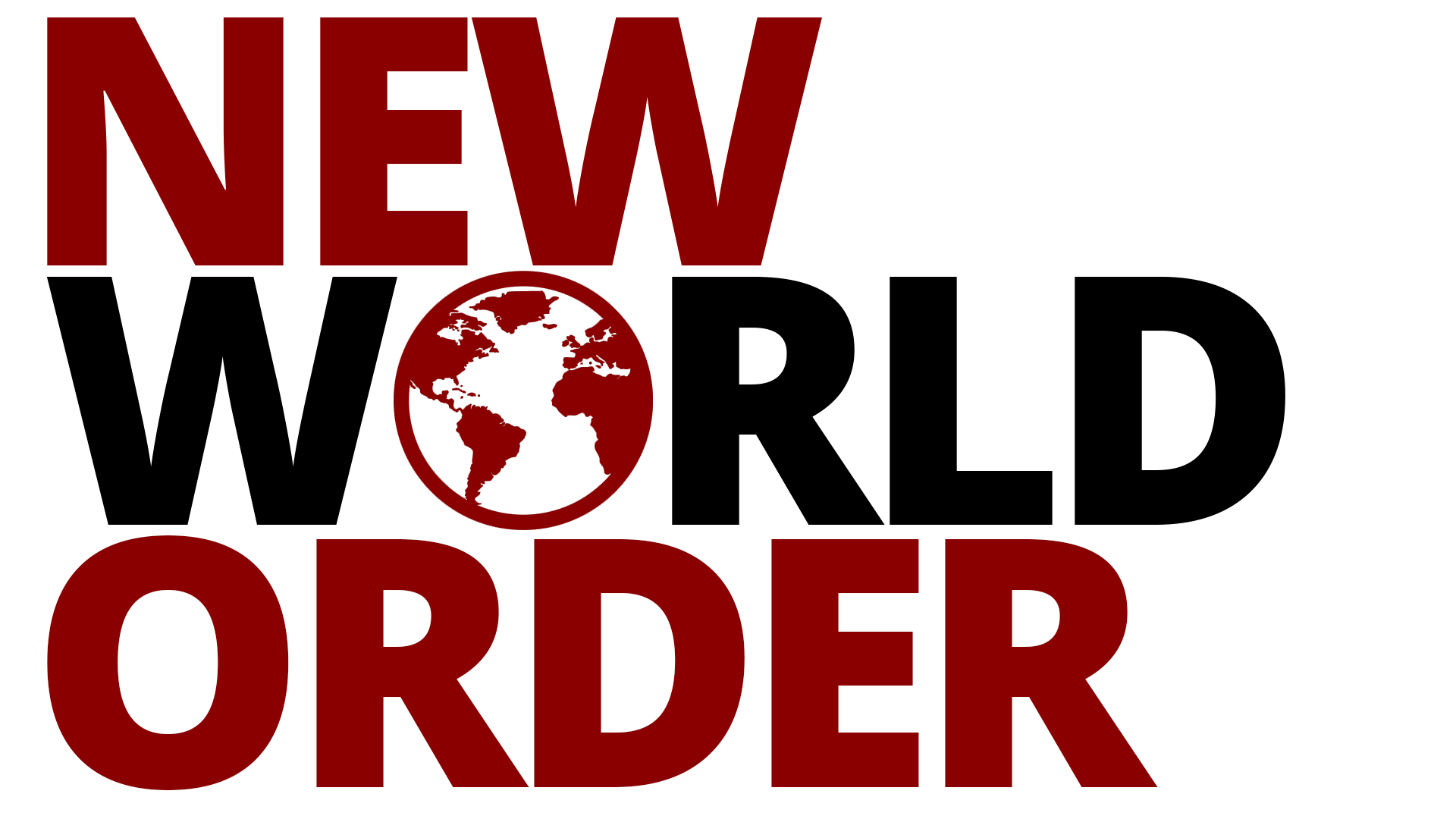
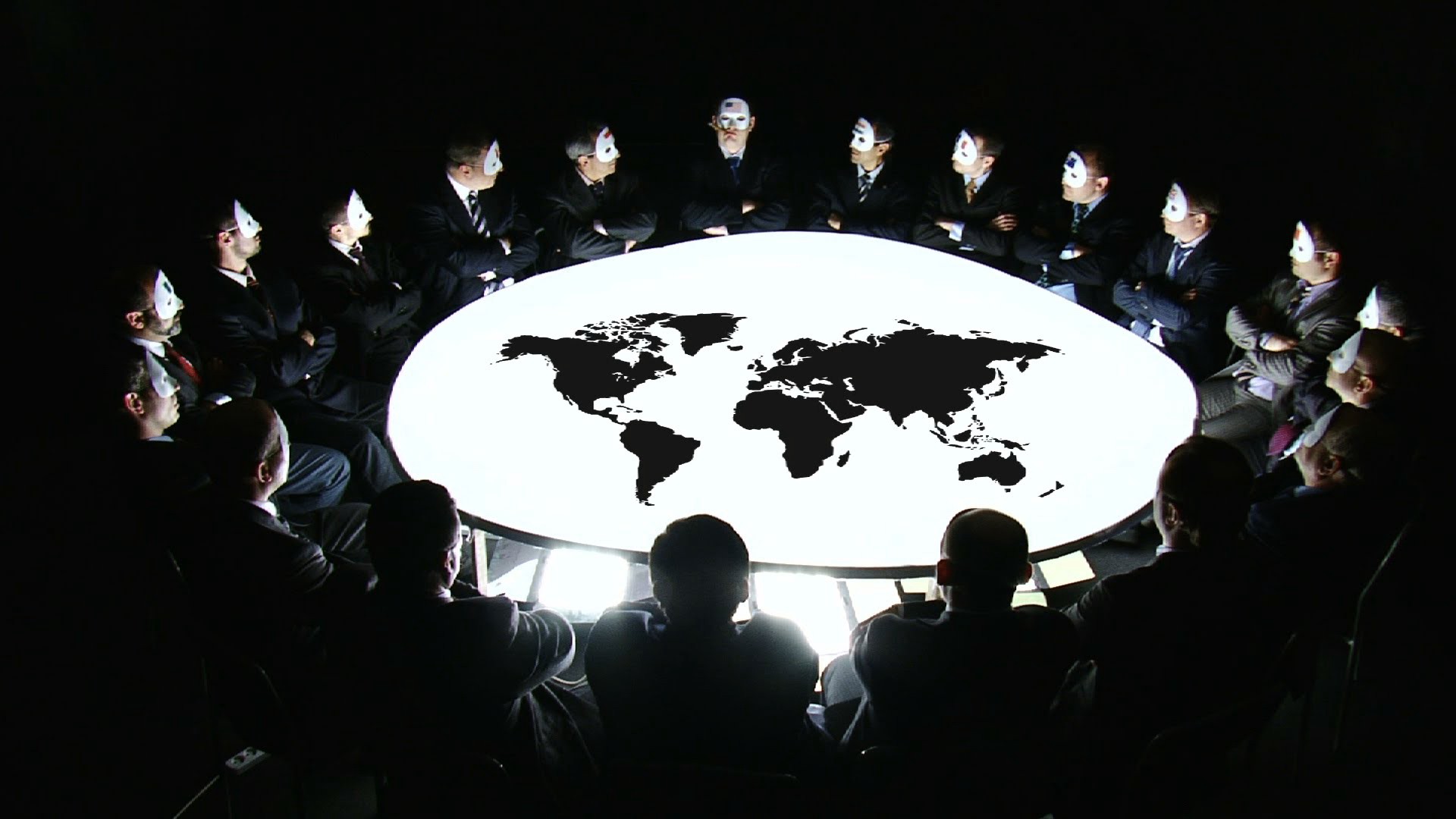
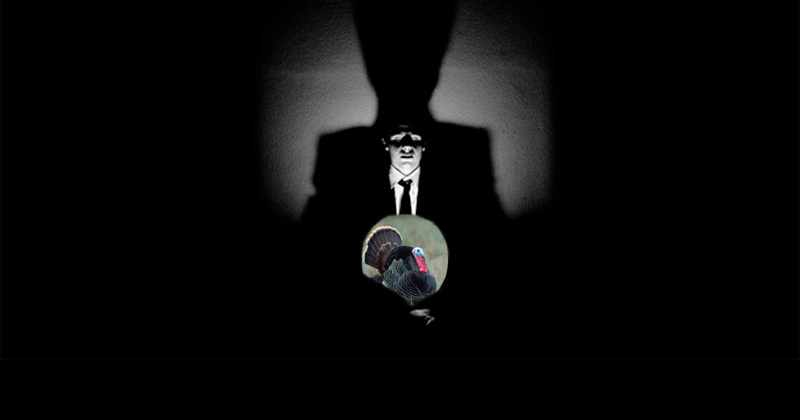
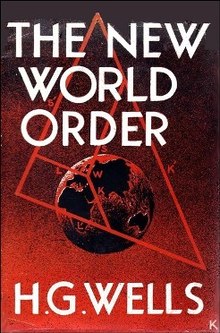
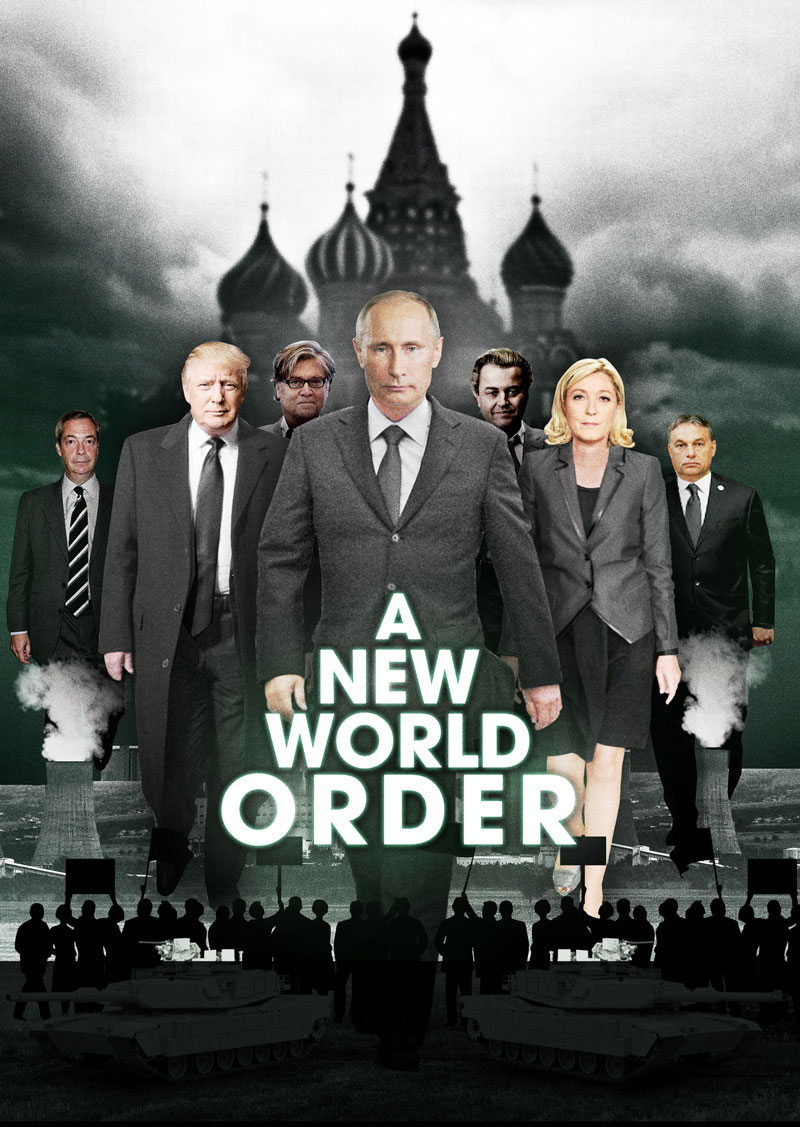
This article is about the use of the term New World Order conspiracy theory, it is vague term and known to very few minds. Let us explore this completely different aspect to the normal world.
The New World Order (NWO) is a notoriously vague conspiracy theory which claims that some powerful group is either secretly running the world, or on the verge of gaining such control (implying that if and when they do, the end is upon us).

It refers to two sides,
New World Order (conspiracy theory), a conspiracy theory referring to the emergence of a totalitarian one world government.
New world order (politics), any period of history evidencing a dramatic change in world political thought and the balance of power.
The common theme in conspiracy theories about a New World Order is that a secretive power elite with a globalist agenda is conspiring to eventually rule the world through an authoritarian world government?which will replace sovereign nation-states?and an all-encompassing propaganda whose ideology hails the establishment of the New World Order as the culmination of history's progress. Many influential historical and contemporary figures have therefore been purported to be part of a cabal that operates through many front organizations to orchestrate significant political and financial events.

History of the Theory
The Latin phrase "novus ordo seclorum", appearing on the reverse side of the Great Seal since 1782 and on the back of the U.S. one-dollar bill since 1935, translates to "New Order of the Ages ?and alludes to the beginning of an era where the United States of America is an independent nation-state; conspiracy theorists claim this is an allusion to the "New World Order".

During the 20th century many politicians, such as Woodrow Wilson and Winston Churchill, used the term "new world order" to refer to a new period of history characterized by a dramatic change in world political thought and in the balance of power after World War I and World War II. These proposals led to the formation of international organizations (such as the UN in 1945 and NATO in 1949).
The United Nations was designed in 1945 by US bankers and State Department planners, and was always intended to remain a free association of sovereign nation-states, not a transition to democratic world government. Thus, activists around the globe formed a world federalist movement, hoping in vain to create a "real" new world order.
Several Books were written on this conspiracy theory:
The New World Order (Wells), a 1940 book by H. G. Wells promoting a post-World War II new world order uniting the world and bringing peace
The New World Order (Robertson), a 1991 book by Pat Robertson presenting a conspiracy theory in which Christians are targeted for persecution
The New World Order of Islam, (Urdu: Nizam-e-Nau), an address delivered in 1942 by Mirza Mahmood Ahmad.

Affects of the New World Order theory and who will lead?
We are living in abnormal times. The global liberal order is in an advanced state of meltdown. And as the world rapidly shifts from a uni-polar to a multi-polar reality, the international system itself is exposed to profound instability.
At a global economic gathering in Dubai, the consensus was that by 2030, China will at least rival American power.
In conversations at the World Economic Forum's Global Future Councils, people wrestled with challenges to the global trading system , developing infrastructure for the 21st century, and restoring trust in experts and leadership.
, developing infrastructure for the 21st century, and restoring trust in experts and leadership.
 , developing infrastructure for the 21st century, and restoring trust in experts and leadership.
, developing infrastructure for the 21st century, and restoring trust in experts and leadership. 
Two parallel themes were prevalent. The first was that China will be at least as important as, if not more than; the U.S. in shaping what the world will look like in 2030.The U.S. was everywhere and nowhere.
Elsewhere in Davos at the World Economic Forum atleast three competing versions of the future world order crashed together, there was the one peddled by a combative Donald Trump, calling for a full-scale US retreat from the current order. Another came from Chinese leaders who proposed a new global economic system built around Beijing. Meanwhile, Canada's Justin Trudeau and France?s Emmanuel Macron urged western leaders to double down on the current liberal order.
If the situation is not handled with extreme care, the potential for a major collapse is real. The question is whether our world leaders are capable of fully understanding what is happening in real time and can muster the collective action to set new rules of the road.
CONTINUE READING
International News
Theory
Science
Politics
Sandeep Semwal
Content Writer
